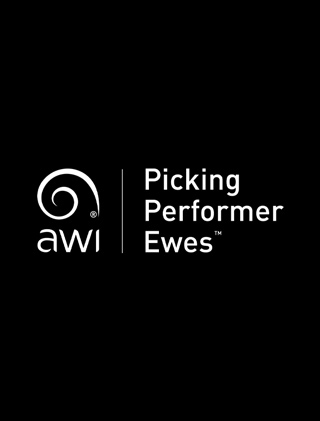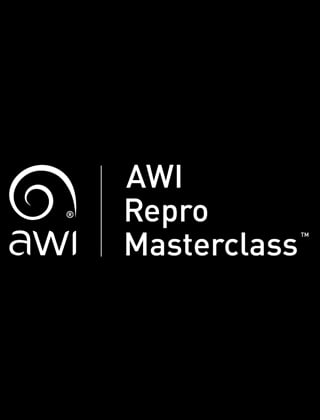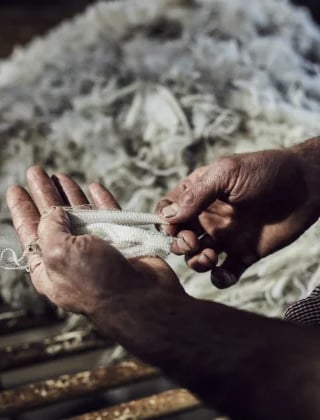Students take up Merino Wether Challenge

Students from schools across SA, NSW and WA have once again this year gained practical hands-on sheep management experience by looking after teams of Merino wethers as part of state competitions.
Students from schools across SA, NSW and WA have once again this year gained practical hands-on sheep management experience by looking after teams of Merino wethers as part of state competitions.
Merino wether competitions for school students are run each year in SA, NSW and WA with the aim to educate them about the commercial production of Merino sheep. The initiative provides the students with a memorable ‘hands on’ experience covering a broad range of sheep and wool production skills.
Initiated ten years ago in SA by the SA Stud Merino Sheepbreeders Association, similar competitions are now held in NSW by the NSW Stud Merino Breeders' Association and in WA by the Stud Merino Breeders Association of Western Australia. The competitions are supported by AWI, as well as individual studs, schools, teachers and students.
Each school team looks after several wethers (from studs in their state) for six months, with the students forming a close relationship with their wethers. This provides a unique and practical experience for the students, much different from classroom learning. Each school team then shows their wethers during a competition later in the year and are judged according to their meat and wool quality.
By attending training days and the judging events, and by looking after their wethers, the students gain:
- practical, hands-on skills in sheep management
- a better understanding of sheep and wool production as a business
- contact with many aspects of the Merino sheep industry
- a chance to network with industry participants and other students
- an enjoyable experience with Merino sheep and the industry
- a positive perspective on a career with sheep and wool.
SOUTH AUSTRALIA

The shearing at the competition in Adelaide.
Fittingly, the 10th anniversary of the School Merino Wethers Competition in September heralded the largest number of teams previously seen. 70 teams of three wethers (210 wethers) from 37 schools participated at the judging event at Adelaide Showgrounds under COVID-safe conditions. Although there was a very quiet atmosphere compared to the normally bustling Adelaide Royal Show period, it was a hugely successful event. Judges noted the marked improvement in the presentation of fleeces and animals and participants since the competition began in 2011.
NSW

NSW students at a competition training day in Dubbo in March.
In NSW, more than 50 schools from across the state participated in the School Merino Wether Challenge, running teams of three Merino wethers (totalling 350 wethers) for six months. Unfortunately, COVID this year prevented the schools from attending the judging, which was held at Dubbo TAFE NSW in August. However, this year’s competition was still the biggest and best one yet. Hear more about this year’s NSW competition in Episode 141 of AWI’s The Yarn podcast at www.wool.com/podcast, view a 2½ minute video at www.youtube.com/AWIWoolProduction and log on to www.facebook.com/dubboschoolwetherchallenge for images and videos.
WESTERN AUSTRALIA

WA students presenting the wethers at Narrogin in October.
In WA, eight teams from seven schools took part in the AWI Future SheepBreeders Challenge, held in October at the WA College of Agriculture – Narrogin. Now in its fifth year, this annual competition is a bit different from those in SA and NSW in that only one bloodline is used, to educate students on the impact that the environment can have on sheep genetics and therefore the importance of making ram purchases from a breeder with a similar climate to their own. This year, teams looked after six wethers (from Barloo stud in Gnowangerup) but showed four at judging. Competition was fierce and quality was tops. Hear more about this year’s WA competition in Episode 150 of AWI’s The Yarn podcast at www.wool.com/podcast.
This article appeared in the December 2020 edition of AWI’s Beyond the Bale magazine. Reproduction of the article is encouraged, however prior permission must be obtained from the Editor.















